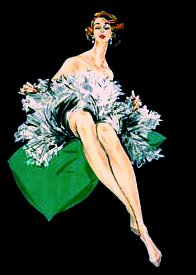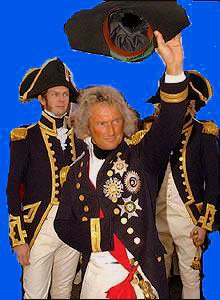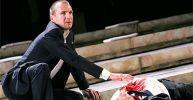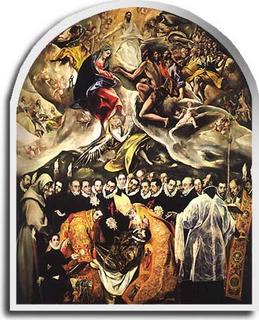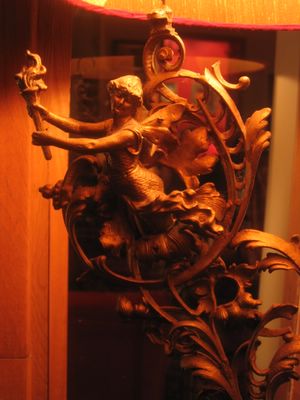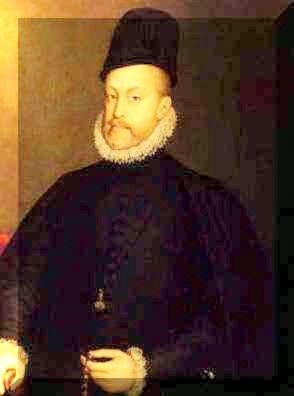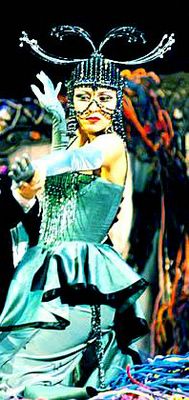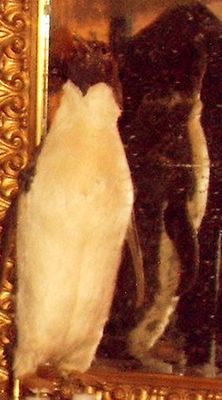Once upon a time... in Madrid How can one gets Snowhite's cellphone number...
How can one gets Snowhite's cellphone number... 
O Dear, when does a blog intending to convey serious stuff turns into a sort of social column?.. "What? Not another party, please!" - the Honorable Reader interrupts, and is right to do so. But I am told that this is special. This is the main yearly party event in about to be deserted full-Summer Madrid. Every year a different theme for an already decade-long tradition. Last Summer the party was Jungle-inspired and a Tiger, a real one, strolled among the guests. ( I wonder if it was the same tiger I patted in a party at "Cielo" a few months ago. Surely the most socialite tiger of all times). Last night it was "Fairy Tales".
The grand and beautiful invitation card, in size and paper quality more like a menu of a State Banquet, had the "Once upon a time..." opening line, followed, inside, by "... there was a night where Tales became reality". The motto was underlined by the crooked-nose Witch offering poisoned apples on the entrance; three gay-ish shaven-head "piglets" strolling around with their wine-corker tails; the acrylic fured Big Bad Wolf wearing Grandmother's night bonnet and sleeping gown; Tinkerbell, with an Elite model body, waving her magic baton to the guests; Snowhite, with Andalusian features, throwing her virginal smile at us - well, the Honourable Reader would have got the picture by now. Around the garden, the Castle with the obligatory tower for a Razpunzen-Damsel in distress to wave at the potential saviours..
After the pre-dinner bubbly we took our seats in the round tables decorated with the candy bars of the Marzipan House in the Forest, each table named after a character of a fairy tale. Mine was, in literal translation, "The Blue Prince". I'm told that it is the Castillian version of "Prince Charming".. Funny!.. Blue in my country is for the "Blue Beard", the predator of defenceless ladies, while here it's the monogamous suitor who ends up with the King's daughter..
Let's have an intellectual, High Culture, break at this point, will we? I swear I'm not being pedantic but with my first glass of the Marques de Riscal my thoughts were on the "Psychoanalysis of Fairy Tales" by Bruno Bettelheim ( Googling afterwards I find the full name is " The Uses of Enchantment - The Meaning and Importance of Fairy Tales"). Remember that book? Highly in fashion in those days when Uncles Karl and Sigmund ruled the University World... (It's no longer the case, and not a moment too soon..). The psychoanalist's point of view was rather forceful, in fact. He claimed that children were able to deal with very difficult Fears (like the loss of their parents, to begin with) by going through, by proxy, the pains of the heroes they would identify with. In fairy tales orphans survive well, abandoned children managed to escape their grim fate. So, reading Fairy Tales was in fact a form of precocious self-help literature. End of arty-farty paragraph.
Back to the party, an enormous dragon, who looked , in my neighbour's opinion, like a gigantic lobster ( gastronomical wishful thinking?) was threatening the curly haired entrapped Princess.
The first course was excellent and introduced in the menu by an excerpt of the Tale of the Prince and the Dragon ".. Y para el banquet, el Rey invito a todo el pueblo. Los Pescadores regalaron sus mejores capturas y los Campesinos aportaron lo mejor de sus huertos...". The main course was excellent again (at this point I must confess I get weak on my knees in the presence of white truffles) and in line with Pinochio's story (".. Y a la vuelta a casa, Gepetto cocinó para Pinocho el plato de carne más rico que jamás soñar pudiéramos..". By the time we got to the postre, the wine-consuming neighbourhood was rather merry. We were served little chocolate houses (".. Y alli en el bosque, como si de un sueño surgiese, se levantaba una Casa entera de Chocolate y Azucar...") which some of us trespassed with care while others, no doubt with Benidorm in mind, bulldozered ferociously.
The Honourable Host made a nicely worded speech on the need to keep on having the same beliefs ( Principles? Values?) we all shared, once upon a time, when we were reading or being read the Fables of our Youth. His tranquil desmeanour made his point more convincing, I should say, than in the hysterical equivalent ("Do you believe in Fairies? Clap your hands, quickly!") of JM Barrie's "Peter Pan".
Among the two-hundred adults, and two delighted children who will for sure never forget that party, all the male population was wearing a tie. Well, not all. This blogger of yours, believing in the casualness of warm Madrid nights, had opted for a Loro Piana linen pink shirt and a pin-striped black Loewe suit, with no tie. I felt the stubbornness and self-indulgence I'm sure Richard Branson has experienced all his life. ( The Princess - in flesh and blueblood, for a change - doubted, laughing, that I will ever achieve as much as the Virgin brand billionaire)
My left-hand neighbour at the Blue Prince Table, to whom I'm in debt for attending this wondrous party and for introducing me to some of the Ciudad's A-listers, danced flamenco-ish DJ music with gusto. She had travelled that same morning from the highly dignified political burial of the Galician Prince. My right-hand neighbour was wearing a dazzling diamonds necklace which would have made Snowhite rush for the Prince Charming's Platinum Card (She has the same name of the famous cigar brand mentioned in Thomas Mann's "The Magic Mountain". Sorry, too good a pedantic quote not to tell it). In between tasting the esparragos trigueros , the gambas and the solomillo, we discussed such deep themes such as the Shoe-Battle of the Century (who will win, Christian Louboutin or Manolo Blahnik?) . I heard some good stories which might, one day, meet a brilliant blogging future.
As we left, ladies were offered oversized cuddly frogs, no doubt eager to be kissed. Gentlemen (even tie-less ones) were offered a toy-horse. ("... Y tras despedirse de los siete enanitos, Blancanieves y el Principe se alejaron a caballo..")
Great fun! Who wouldn't keep believing in Fairy Tales after such a Party?
